PATRIOTISM
Posted on at
Posted on at
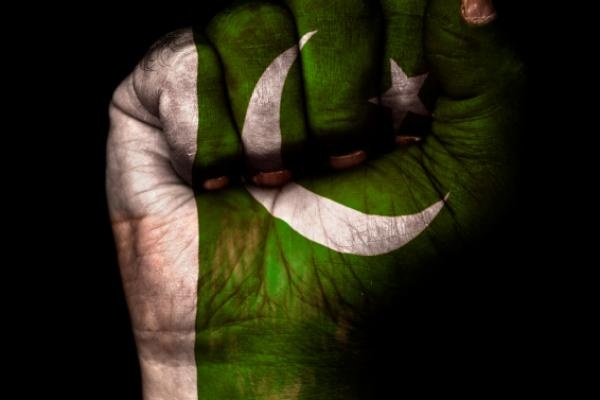 Ever since the beginning of the history of mankind, man has attached great importance to this value and has made it a criterion to judge human character.
Ever since the beginning of the history of mankind, man has attached great importance to this value and has made it a criterion to judge human character.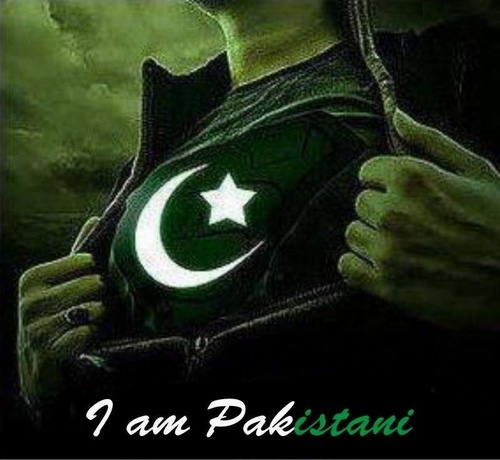 We often get attached to the place where we were born and brought up. It has been rightly remarked by a Persian poet that the thorns and dry branches of one’s own country are far sweeter than the roses and fragrant flowers growing in a foreign land, where one remains separated from his kith and kin. We love our country because of the voices which are ‘only remembered and no longer heard’.
We often get attached to the place where we were born and brought up. It has been rightly remarked by a Persian poet that the thorns and dry branches of one’s own country are far sweeter than the roses and fragrant flowers growing in a foreign land, where one remains separated from his kith and kin. We love our country because of the voices which are ‘only remembered and no longer heard’.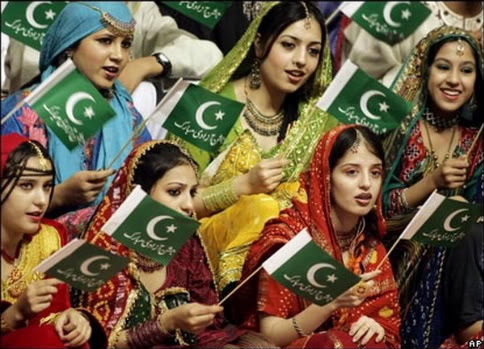 We love our country for our parents, friends, change of seasons and other sweet memories connected with our birth-place. They are flesh of our flesh, bone of our bones, blood of our blood and a lasting part of what we are.
We love our country for our parents, friends, change of seasons and other sweet memories connected with our birth-place. They are flesh of our flesh, bone of our bones, blood of our blood and a lasting part of what we are.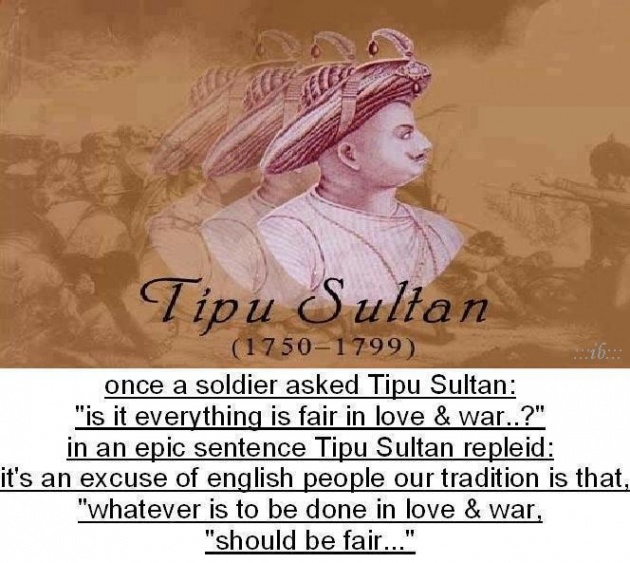 We today cherish the memory of such great national heroes as Sultan Tippu, Nawab Siraj-ul-Daula and other political leaders, who gave their blood for the noble cause of liberty.
We today cherish the memory of such great national heroes as Sultan Tippu, Nawab Siraj-ul-Daula and other political leaders, who gave their blood for the noble cause of liberty. 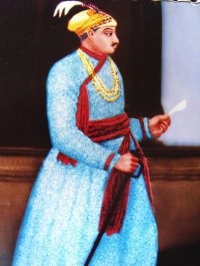 We call them patriots simply because they struggled hard to shake off foreign rule. Those who reconciled themselves with foreign rulers or helped them directly or indirectly are looked down upon as mean traitors.
We call them patriots simply because they struggled hard to shake off foreign rule. Those who reconciled themselves with foreign rulers or helped them directly or indirectly are looked down upon as mean traitors.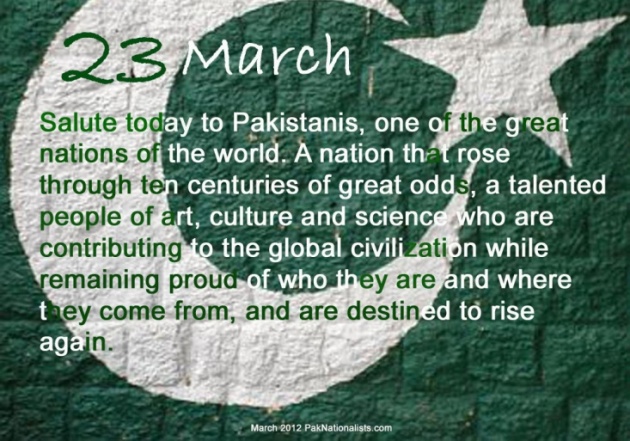 When it outruns its legitimate bounds, it becomes an organized butchery. Psychologically speaking, the strength of pure nationalistic feelings is the outcome of personal inferiority. There may be a man who is poor, hungry, socially insignificant; and to him come the apostles of nationalism and say,
When it outruns its legitimate bounds, it becomes an organized butchery. Psychologically speaking, the strength of pure nationalistic feelings is the outcome of personal inferiority. There may be a man who is poor, hungry, socially insignificant; and to him come the apostles of nationalism and say, 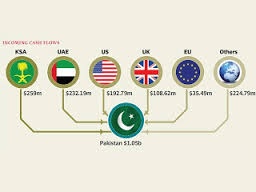 “Since you are a member of this nation or race, you are superior to everyone else in the world.” Thus, in the glory of this imaginary superiority, this man forgets his own shortcomings and becomes an ardent nationalist.
“Since you are a member of this nation or race, you are superior to everyone else in the world.” Thus, in the glory of this imaginary superiority, this man forgets his own shortcomings and becomes an ardent nationalist.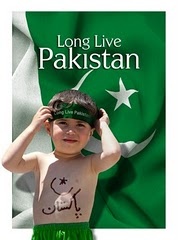 Lack of patriotic feelings gives birth to such mean activities as smuggling and espionage. Consequently, the economic stability of the country is undermined, and her very independence is in danger. Thus, patriotism is the highest social or moral virtue, without which no nation can exist.
Lack of patriotic feelings gives birth to such mean activities as smuggling and espionage. Consequently, the economic stability of the country is undermined, and her very independence is in danger. Thus, patriotism is the highest social or moral virtue, without which no nation can exist.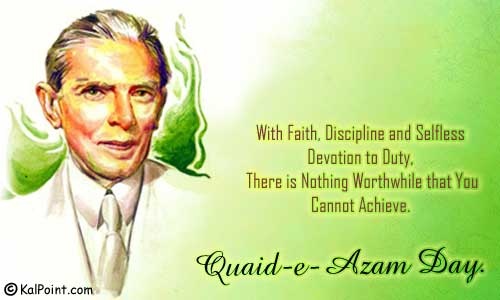
I am Muhammad Haneef Khan I am Administration Officer in Pakistan Public School & College, K.T.S, Haripur.
Subscribe 0